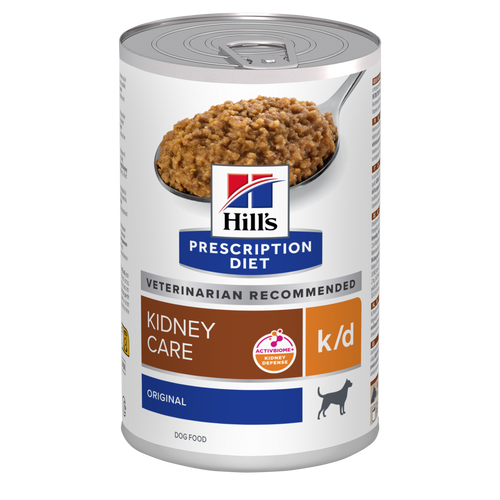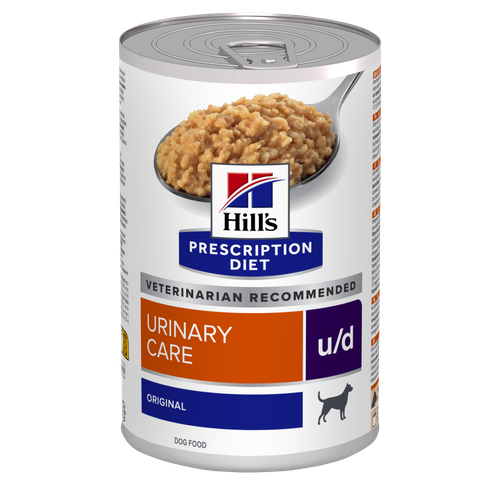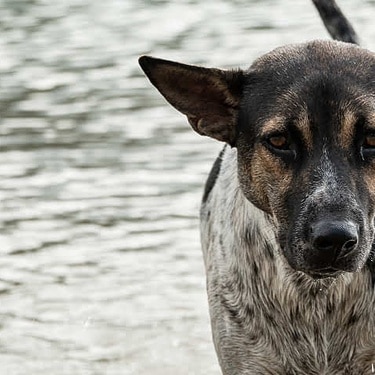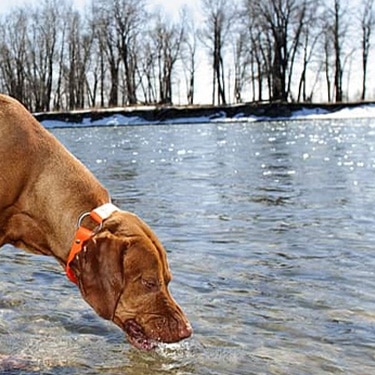
-
Find the right food for your petTake this quiz to see which food may be the best for your furry friend.Find the right food for your petTake this quiz to see which food may be the best for your furry friend.Health CategoryFeatured products
 Adult 6+ Large Breed Chicken Meal, Barley & Rice Recipe Dog Food
Adult 6+ Large Breed Chicken Meal, Barley & Rice Recipe Dog FoodSupports energy level, joint health, and beautiful coat in large breed mature dogs
Shop Now Adult Perfect Weight & Joint Support Chicken & Brown Rice Recipe Dog Food
Adult Perfect Weight & Joint Support Chicken & Brown Rice Recipe Dog FoodThis weight management and mobility support dog food was created with Hill’s unique understanding of the biology of overweight dogs.
Shop Now Puppy Sensitive Stomach & Skin Salmon & Vegetable Stew
Puppy Sensitive Stomach & Skin Salmon & Vegetable StewGentle on stomachs while nourishing skin & supporting development in growing puppies
Shop Now -
DogCat
- Cat Tips & Articles
-
Health Category
- Weight
- Skin & Food Sensitivities
- Urinary
- Digestive
- Kidney
- Dental
- Serious Illness
-
Life Stage
- Kitten Nutrition
- Adult Nutrition
Featured articles Water
WaterWater is the most important nutrient of all and essential for life. Animals can lose almost all their fat and half their protein and still survive, but if they lose 15% of their water, it will mean death.
Read More Pet Food Storage Tips
Pet Food Storage TipsWhere you store your cat and dog food can make a big difference in the quality and freshness once it is opened. Here are some common questions and recommendations for optimal storage for all of Hill’s dry and canned cat and dog food.
Read More The Right Diet For Your Pet
The Right Diet For Your PetLearn what to look for in healthy pet food & nutrition, including ingredients, quality of the manufacturer, your pet's age, and any special needs they have.
Read More -
Kidney health for dogs
Kidney health for dogs
What is kidney failure in dogs?
Kidney failure is a condition that damages your dog’s kidneys, leading to kidney or renal disease. The most common form is known as Chronic Kidney Disease (CKD), which affects about 1 in every 10 dogs.1
Your dog’s kidneys are vital to removing waste substances from the bloodstream and maintaining the balance of fluid and minerals within the body. But if the kidneys can’t do their job, the result could be life-threatening for your dog.
What causes kidney disease in dogs?
There are two main categories of kidney failure in dogs: acute and chronic. Signs of acute renal failure usually manifest over a week or month’s time, while chronic renal failure is present for a longer period. Common causes of kidney failure include:




Early detection of kidney failure in your dog
Signs of serious illness only appear after 75% of kidney function is already lost, so the sooner kidney disease is diagnosed, the more time there is to address the underlying cause or slow the disease’s progression. CKD is progressive and irreversible, but your veterinarian can help provide long-term care and show you how to track signs in older dogs.
What are the signs of kidney disease in dogs?
The signs of early-stage kidney disease are not visible. On diagnosis, CKD has already been present for some time but may be managed with the help of vet-approved dog food for kidney disease. Signs of late-stage kidney disease tend to be similar but are far more noticeable to pet parents.



















Nutrition for dogs with kidney disease
If your dog has kidney problems, the right nutrition may be able to make a positive impact on their lives and potentially even lengthen their lifespan. Specially formulated nutrition for dogs with kidney disease can be beneficial by having less protein and phosphorous than other pet foods. Phosphorus restriction can lessen the severity of the symptoms and progression of kidney damage, while controlled, high-quality proteins can help restore normal acid-base levels.
What about nutritional yeast for dogs with kidney disease?
While it has gained some popularity online, yeast is relatively high in phosphorus, which could be a concern for dogs with CKD. Similarly, many websites now propose creating a raw diet for dogs with kidney disease but fail to mention the range of factors to consider, such as contamination risks, providing the right balance of nutrients, and the overall cost. When looking into nutritional options for dogs with kidney disease, it’s always best to get a specific recommendation from your veterinarian.
Nutrition for dogs with kidney disease
If your dog has kidney problems, the right nutrition may be able to make a positive impact on their lives and potentially even lengthen their lifespan. Specially formulated nutrition for dogs with kidney disease can be beneficial by having less protein and phosphorous than other pet foods. Phosphorus restriction can lessen the severity of the symptoms and progression of kidney damage, while controlled, high-quality proteins can help restore normal acid-base levels.
What about nutritional yeast for dogs with kidney disease?
While it has gained some popularity online, yeast is relatively high in phosphorus, which could be a concern for dogs with CKD. Similarly, many websites now propose creating a raw diet for dogs with kidney disease but fail to mention the range of factors to consider, such as contamination risks, providing the right balance of nutrients, and the overall cost. When looking into nutritional options for dogs with kidney disease, it’s always best to get a specific recommendation from your veterinarian.
Recommended products for dogs with kidney issues

Delicious clinically proven nutrition that helps protect vital kidney function

Formulated to help support your dog's bladder health

Formulated to help support your dog's bladder health

Delicious clinically proven nutrition that helps protect vital kidney function and increase appetite
Related articles

Learn important information about Leptospirosis in dogs, including what it is, how its diagnosed, common symptoms & treatments, and prevention tips.

Learn what giardia is in dogs and how it can wreak havoc on your pet’s digestive system, how giardiasis gets diagnosed and how your dog's veterinarian might treat it.

Learn whether dogs can actually get warts and their similarities to other skin growths, as well as whether they can be harmful for your dog.

Cancer affects one out of three dogs in a variety of ways. Learn about the types of dog cancers, warning signs to look for, and treatments that can help.
References: 1Lulich JP, Osborne CA, O’Brien TD, Polzin DJ. Feline renal failure: questions, answers, questions. Compend Contin Educ Pract Vet. 1992;14(2):127–153. Brown SA. Renal dysfunction in small animals. The Merck Veterinary Manual website.




